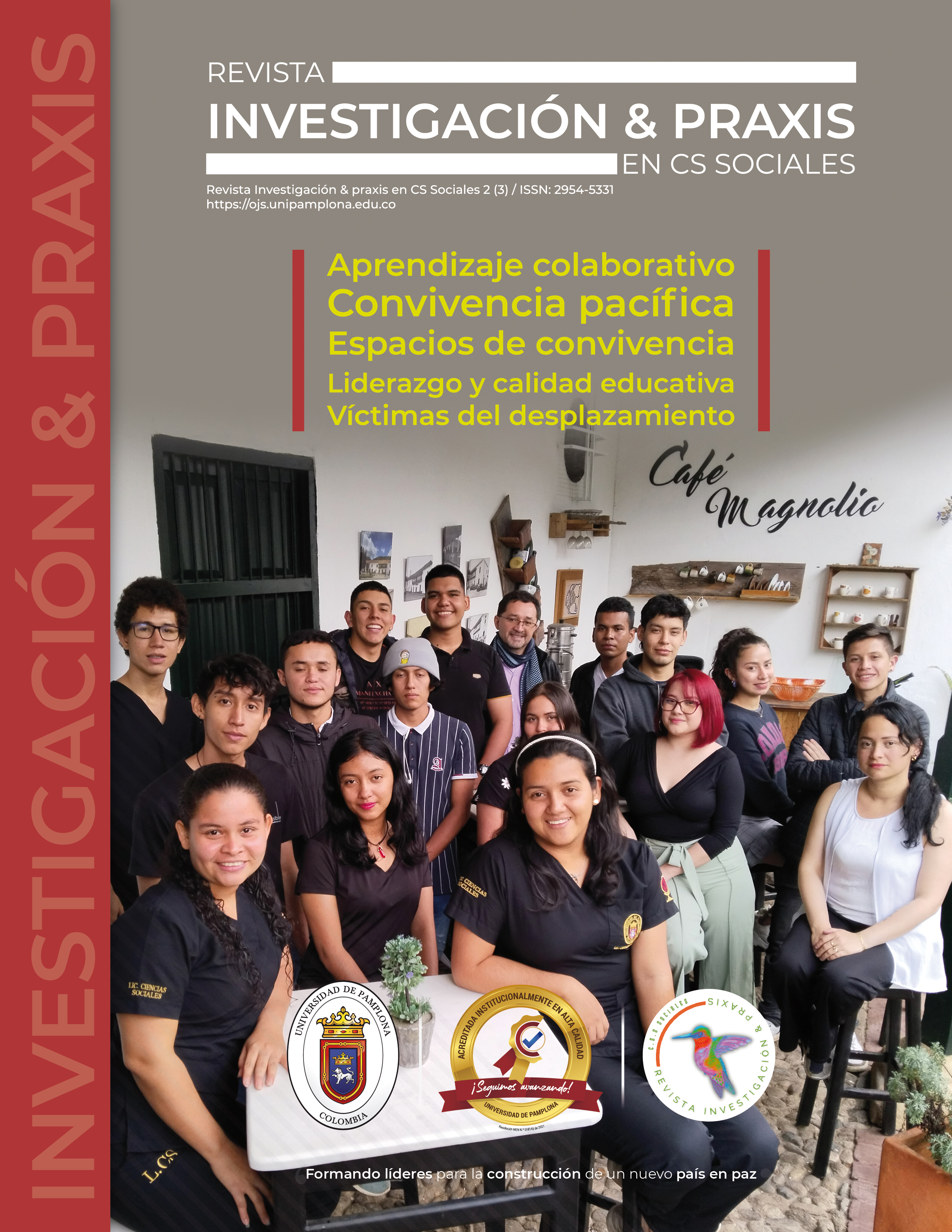The impact of Taekwondo on the strengthening of values during the school stage
DOI:
https://doi.org/10.24054/ripcs.v2i3.2386Keywords:
Aprendizaje social, Valores, Etapa escolar, TaekwondoAbstract
This article aims to generate reflection on the importance of strengthening values during the school stage, using Taekwondo as a learning alternative. Taekwondo, a Korean martial art, offers significant physical and mental benefits, with its essence rooted in ethical and philosophical principles such as courtesy, respect, integrity, perseverance, self-control, indomitable spirit, science, love, and faith, all of which seek the holistic development of the practitioner. Theoretical insights from various authors are reviewed to contrast and generate reflection based on the importance of values strengthening during the school years. Values that have diminished over time, such as respect and other components essential for living in a harmonious and peaceful society, are highlighted. This decline in values leads to disrespect towards elders and other community members, increasing levels of intolerance and violence. It is concluded that Taekwondo serves as a significant strategy to address these challenges faced in contemporary times
References
Albert Bandura, R. W. (1974). Aprendizaje Social y Desarrollo de la Personalidad.Alianza.
Angel Patricio Valverde Gavilanes, I. M. (2019). ESTRATEGIAS COLABORATIVAS PARA FORTALECER LOS VALORES MORALES EN LA EDUCACIÓN GENERAL BÁSICA. Revistas Unlp, 6-7.
Bello, M. W. (2015). Educación en valores: propuesta de una estrategia. Scielo, 5.
Blanco, M. L. (02 de 06 de 2019). Ehubiblioteka.Obtenido de Universidad del Pais Vasco: https://conductitlan.org.mx/09_jovenesyadolescentes/Materiales/E_beneficios_psicologicos_de_las_artes_marciales.pdf
Cely, V. S. (mayo de 2019). Repository Usta.Obtenido de https://repository.usta.edu.co/bitstream/handle/11634/21201/2020vanessasierra.pdf?sequence=7&isAllowed=y
Diaz, L. M. (abril de 2021). Colecciones Digitales Uniminuto.Obtenido de http://uniminuto-dspace.scimago.es:8080/handle/10656/11994
Emigdio, L. G. (2017). Educacion en Valores. Revista Raites, 83.
Espinoza, D. E. (2019). Repositorio Usac.Obtenido de Universidad San Carlos Guatemala: http://www.repositorio.usac.edu.gt/11758/1/Tesis%20201240786.pdf
Eunice, A. E. (2019). Repositorio Usac.Obtenido de Universidad San Carlos Guatemala: http://www.repositorio.usac.edu.gt/11758/
María Vidal Ledo, A. B. (2013). Formacion en Valores. scielo, 183.
Napoleón, M. B. (2019). Repository Unimilitar.Obtenido de https://repository.unimilitar.edu.co/handle/10654/32835
Odiel, E. M. (2012). El profesor ante la formacion de valores. Redalyc, 252.
Odiel, E. M. (2012). El profesor ante la formacion de valores . Redalyc, 246.
Pachacama, D. A. (2019). Analisis Etico de las Artes Marciales. Revista Caribeña de Ciencias Sociales, 1-2.
Sánchez Elizondo, J. L. (2016). Repositorio institucional Universidad de Guayaquil.Obtenido de http://repositorio.ug.edu.ec/handle/redug/26750
Walters, A. B. (1974). Aprendizaje social y desarrollo de la personalidad.Alianza.
Downloads
Published
Versions
- 2023-06-13 (3)
- 2023-06-13 (2)
- 2023-06-15 (1)
How to Cite
Issue
Section
License
Copyright (c) 2023 Revista Investigación & praxis en CS Sociales

This work is licensed under a Creative Commons Attribution 4.0 International License.
Los autores que publican en la revista se acogen al código de licencia CC BY. Esto significa que se permite a terceros acceder, descargar y utilizar lo publicado en la revista siempre que se les dé el reconocimiento de propiedad intelectual al autor original. Esto incluye la obligación de proporcionar crédito adecuado por su trabajo y una indicación adecuada de cualquier cambio realizado. No se permite el uso comercial de la obra sin autorización previa del autor.






